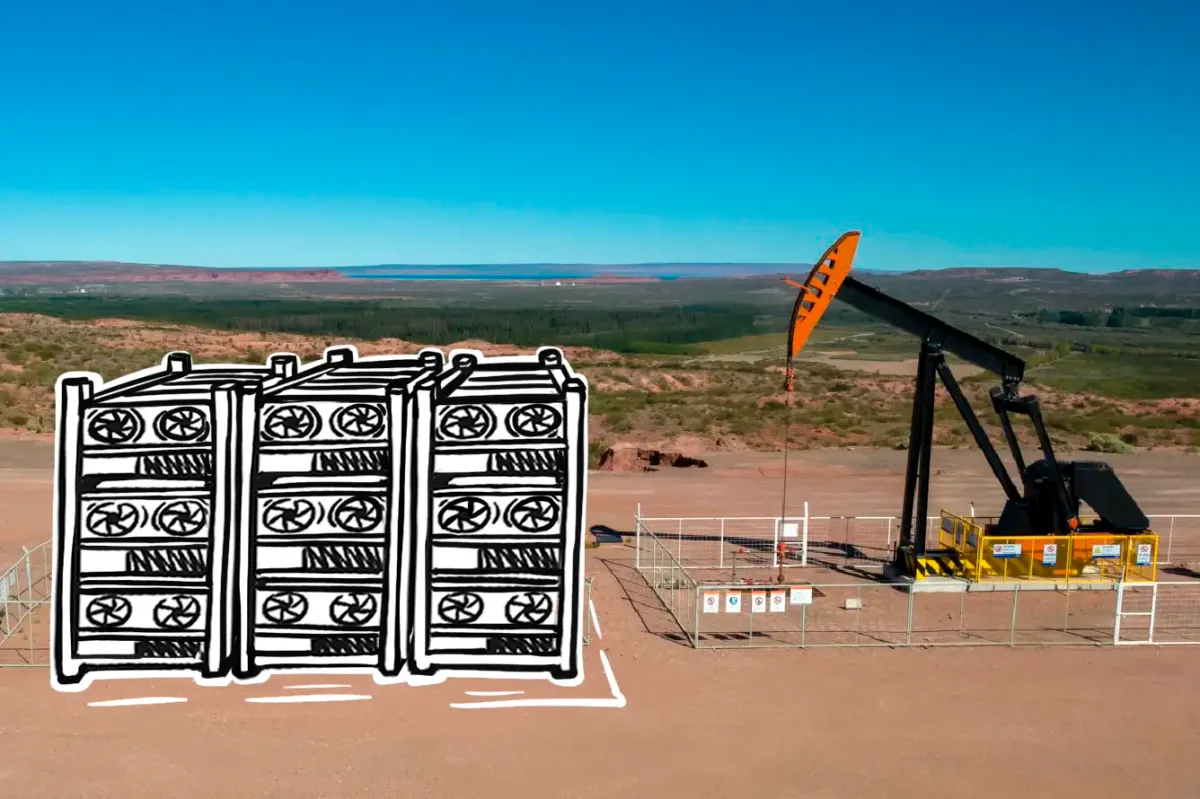
Addressing the climate challenges ahead, Bitcoin mining companies have been announcing new sustainable projects.
As of this week, Marathon Digital is capturing methane gas from landfills in Utah to power Bitcoin mining. And in Argentina, presidential candidate Sergio Massa has suggested using waste from oilfields for the same purpose.
At the end of 2022, when Ethereum changed its consensus mechanism from proof-of-work (PoW) to proof-of-stake (PoS), it saved as much energy as if Chile had suddenly disappeared from the world map.
However, Bitcoin still uses the same system to prove the validity of transactions as Ethereum used to, earning it near-constant criticism for its monstrous energy consumption needs.
While Bitcoin mining is unquestionably a very polluting industry, reportedly responsible for 0.1% of the world's greenhouse emissions, its players are putting forward ambitious projects to turn a greener page.
Landfills for Bitcoin
Marathon Digital and Nodal Power have recently joined forces in a pilot initiative exploring sustainable Bitcoin mining.
The 280-kW project, initiated on November 2nd, will be siphoning off methane emissions from landfill sites in Utah to convert them into energy to power Bitcoin mining activities.
"The methane naturally produced from landfills, biowaste, and elsewhere is often stranded, and Bitcoin miners like Marathon are uniquely positioned to help convert this harmful gas into a productive source of clean, renewable energy." Fred Thiel, CEO of Marathon Digital
In the U.S., municipal landfills comprise 14% of all human-related methane emissions. The gas, according to the UN, is over 80 times more harmful than CO2 when measured over a 20-year period.
If successful, the Bitcoin mining firm wants to expand and help "landfill operators and others meet their environmental targets."
Mining with living (and dead) cows in Argentina
Earlier in the week, Argentina's controversial presidential candidate Sergio Massa suggested the possibility of using the residual gas from Vaca Morta (Dead Cow), one of the most significant oil reserves in the world, for mining activities.
The idea closely resembles that of Teceptrol, an Argentinian oil producer, which last month began to mine Bitcoin using residual gases from the oil production in the plant of Los Toldos 2.
Massa's intentions were received with a lot of backlash. Private mining companies are skeptical about the government having an active role in Bitcoin mining and believe that the costs in matters of energy consumption and infrastructure wouldn't be feasible for the country's inflation-riddled economy.
One person coming forward in opposition to Massa's idea was José María Sarasola, CEO of Cryptogranjas. His start-up stores excrement from cows and pigs in biodigesters, along with other organic and industrial waste, until it generates methane, which is then used to produce energy for powering Bitcoin mining.
Actions speak louder than words. Mining companies have been developing ideas and launching innovative projects, turning an important page for the mining industry - from a polluting activity to a business at the vanguard of energetic sustainability.

